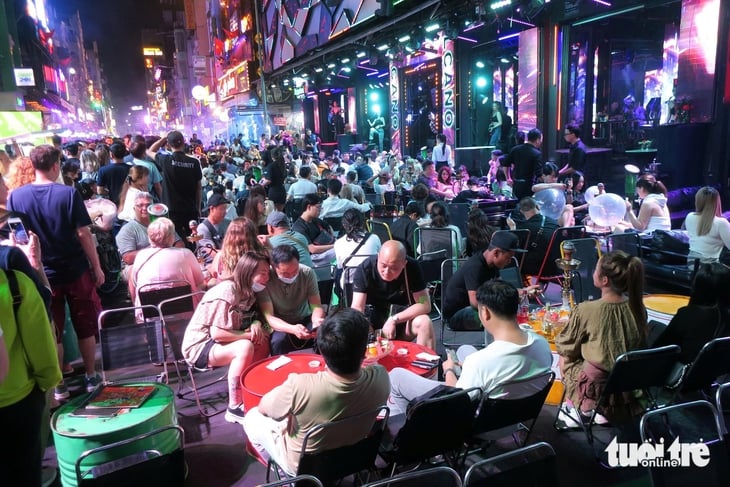
Bustling life in Bui Vien street, Ben Thanh ward, Ho Chi Minh City attracts many tourists - Photo: TTD
We often talk about culture in terms of lofty things, like art exhibitions, classical concerts, or magnificent architecture. But culture is not that far away.
It could be a bowl of fish noodle soup on the roadside that you choose to eat because you miss the smell of An Giang's rivers, a regular weekend morning at the gym, or a regular medical checkup because you believe that "living healthy is living beautifully".
All of these things, when repeated, purposeful and associated with spiritual, aesthetic or social values, are cultural behaviors.
Culture is not only in the theater
When we analyzed data from Google Maps of hundreds of thousands of locations in Ho Chi Minh City, an interesting thing emerged: areas with many coffee shops, gyms, bookstores, tea rooms, health clinics, or even popular snack shops on TikTok... are often also places with strong economic vitality, a vibrant lifestyle, and diverse communities.
Cultural behavior does not need to be luxurious. It can happen in a Japanese restaurant combined with performance art on the terrace with a view of Bitexco, but it can also start from a bowl of fish noodle soup, a small cup of coffee next to Ba Chieu market, where old men and young people stop to read newspapers, scroll through their phones every morning, finding a breath to start a new day.
If we look at Ho Chi Minh City as a big stage, millions of residents here are performing countless "cultural plays" together every day...
A group of young people go to see a movie at Landmark 81 and take virtual photos, typical of the new image and consumer culture. It could also be a family of three generations going to eat beef noodle soup in District 10, where the mother used to work as a garment worker, just to reminisce and connect generations. Or like a pho restaurant owner letting customers temporarily charge their phones during a power outage, a cultural act of sharing.
Small actions, seemingly nameless, but together form the soul of the city.
A culturally rich city does not necessarily need a grand opera house or a modern museum (though those are also necessary). It needs spaces for people to live, experiment, and share behaviors that have values that go beyond mere survival.
And what is valuable in Ho Chi Minh City?
Here, you can go boxing at a high-end gym that is lit up 24/7 in Thao Dien, then the next day eat congee at the corner of Ly Chinh Thang with a vendor you’ve known for 10 years. It’s a city where rich and poor, luxury and low-class, formal and informal coexist and interact. It’s diversity and tolerance, a form of cultural behavior at the city level.
For a city like Ho Chi Minh City, where the service industry is taking up an increasingly large proportion of the economy, the diversity of cultural behavior is not only an artistic element, it is the lifeblood of the commercial - consumer - creative ecosystem.
When people have more intrinsic needs to “go out because they like it” rather than just because they need it, then industries such as food, health care, non-formal education, visual arts, community spaces, etc. will have the opportunity to develop strongly and deeply.
We believe that a modern industrial and commercial policy needs to foster the “space for existence” of cultural practices, including traditional and spiritual spaces.
From sidewalk newsstands, sugarcane juice carts, neighborhood karaoke bars, to boutique gyms, independent bookstores, and young artist studios, all play a role in the city's socio-economic landscape, albeit not at the same level.
Cultural behavior does not need to be grand. It starts with small but meaningful choices about where to go, what to do, and with whom. And a cultural city like Ho Chi Minh City will be a place where such behaviors are not only allowed, but also nurtured and developed, from sidewalks to high-rise buildings, from immigrants to natives.
To achieve this, Ho Chi Minh City needs to design policies to support the development of small-scale creative models such as art studios, independent bookstores, informal extracurricular classes, etc. through preferential packages for renting premises, accessing digital infrastructure, or microfinance.
Integrate public space planning with contemporary cultural needs, including night markets, art streets, and street performance spaces, to create attractive destinations for consumption and experience.
Finally, it is necessary to acknowledge the role of informal and semi-formal services in the urban consumption ecosystem, which is the sidewalk economy , in order to have an inclusive approach, instead of tightening or pushing it to the margins of development.
Because the new competitiveness of cities lies not only in technology, logistics or investment capital, but also in the ability to allow people to live diversely, interact naturally and be constantly creative in culturally rich contexts.
The most beautiful city is not the one that "looks like a foreign country", but the one that allows you to live your life, in the way that makes sense to you.
Together "Contribute to the development of industry and trade in Ho Chi Minh City"
Tuoi Tre Newspaper in collaboration with the Department of Industry and Trade of Ho Chi Minh City opened a forum "Proposing ideas for developing industry and trade in Ho Chi Minh City". The forum aims to listen to ideas and solutions from businesses, researchers and people to build and develop industry and trade for the new Ho Chi Minh City, forming a strong urban area in industry - trade - services, with international competitiveness.
Mr. Bui Ta Hoang Vu - Director of the Department of Industry and Trade of Ho Chi Minh City - said that he will respect and listen to every opinion and suggestion from people and businesses to advise the People's Committee of Ho Chi Minh City on breakthrough solutions to develop industry - trade - services.
Readers participating in the forum can send their comments to the editorial office of Tuoi Tre newspaper, 60A Hoang Van Thu, Duc Nhuan ward, Ho Chi Minh City, or send them via email: [email protected].
Source: https://tuoitre.vn/do-thi-tp-hcm-can-khong-gian-hanh-vi-van-hoa-da-dang-20250804191147387.htm




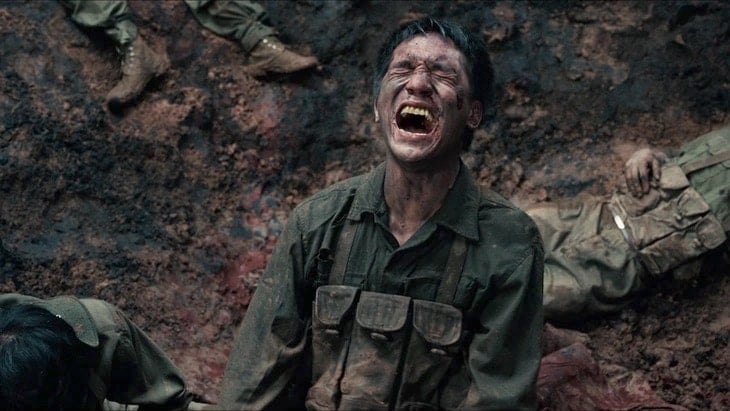
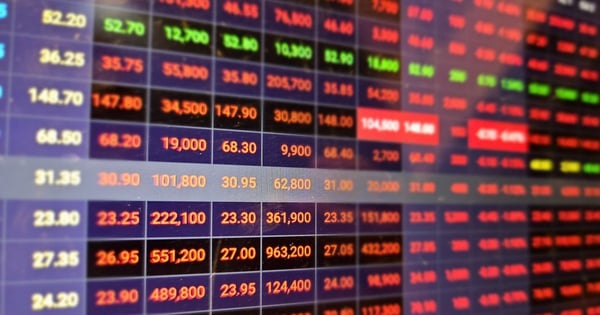

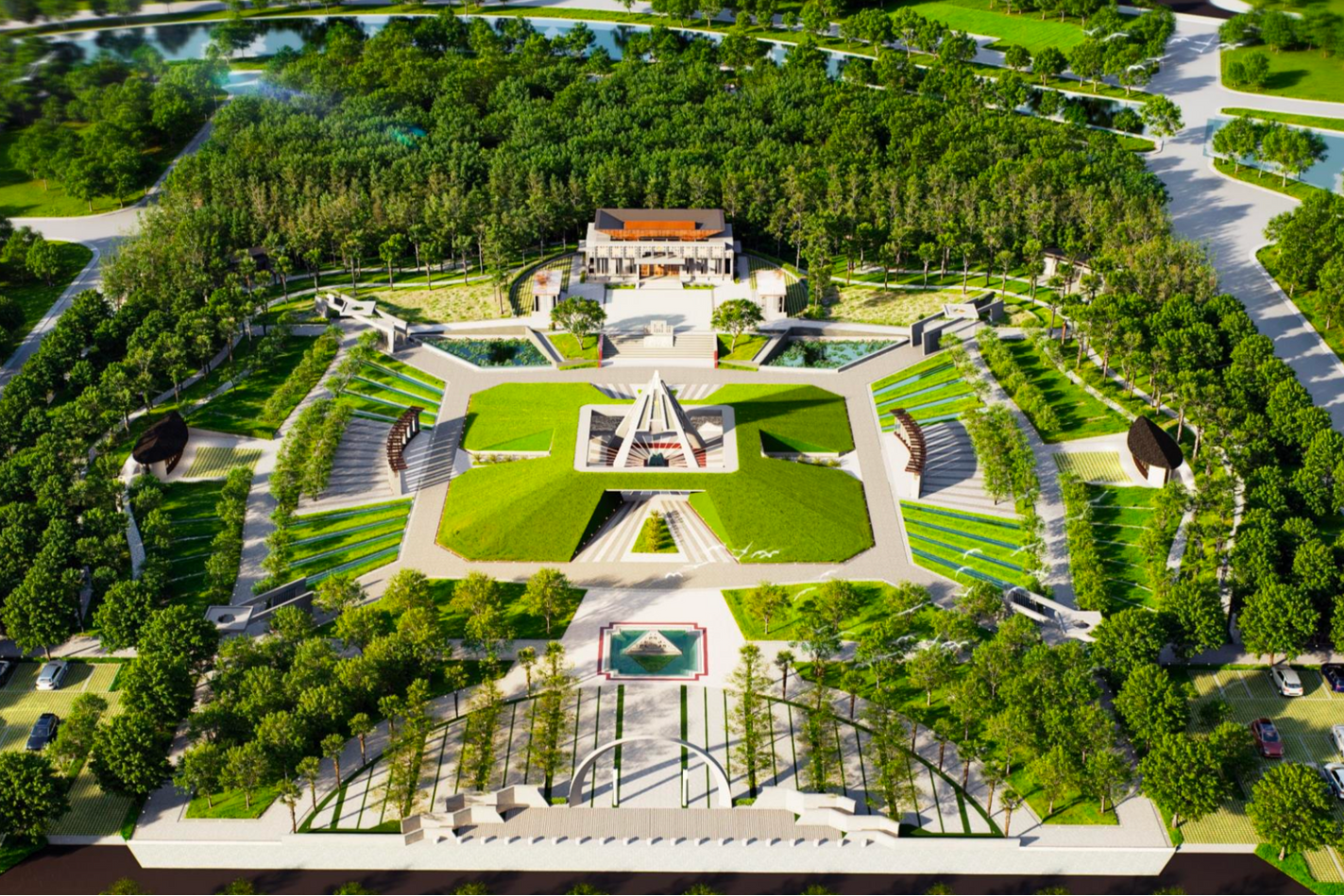
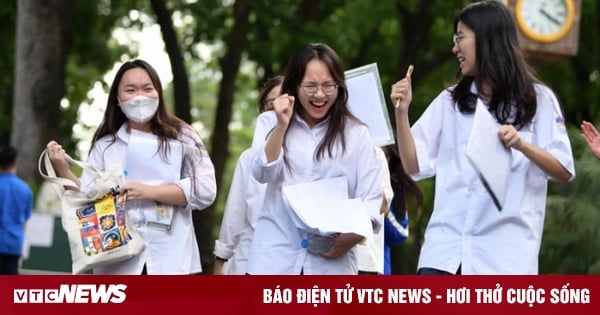
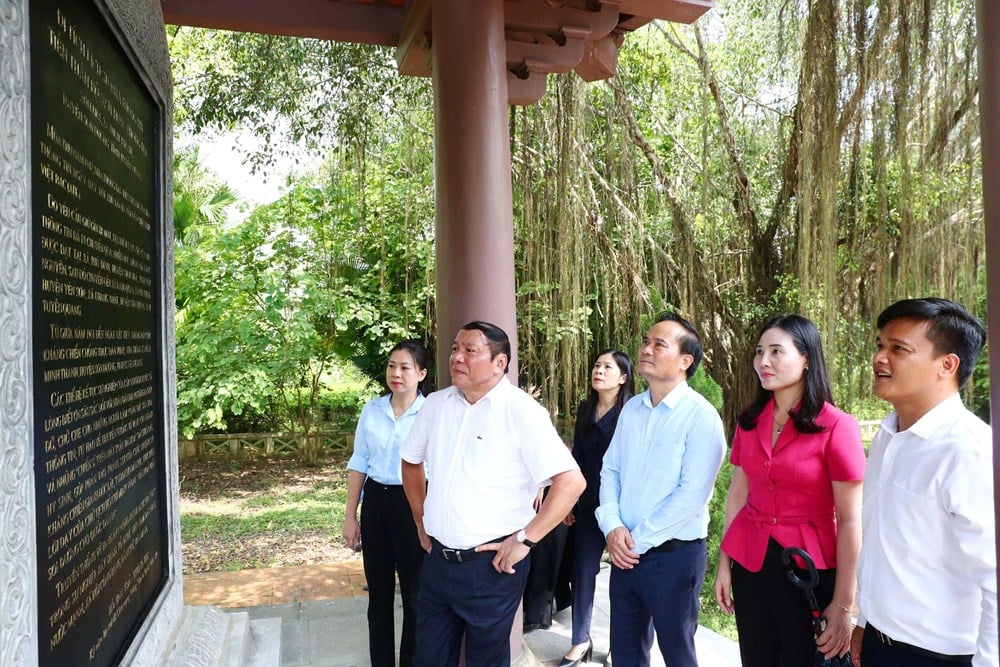


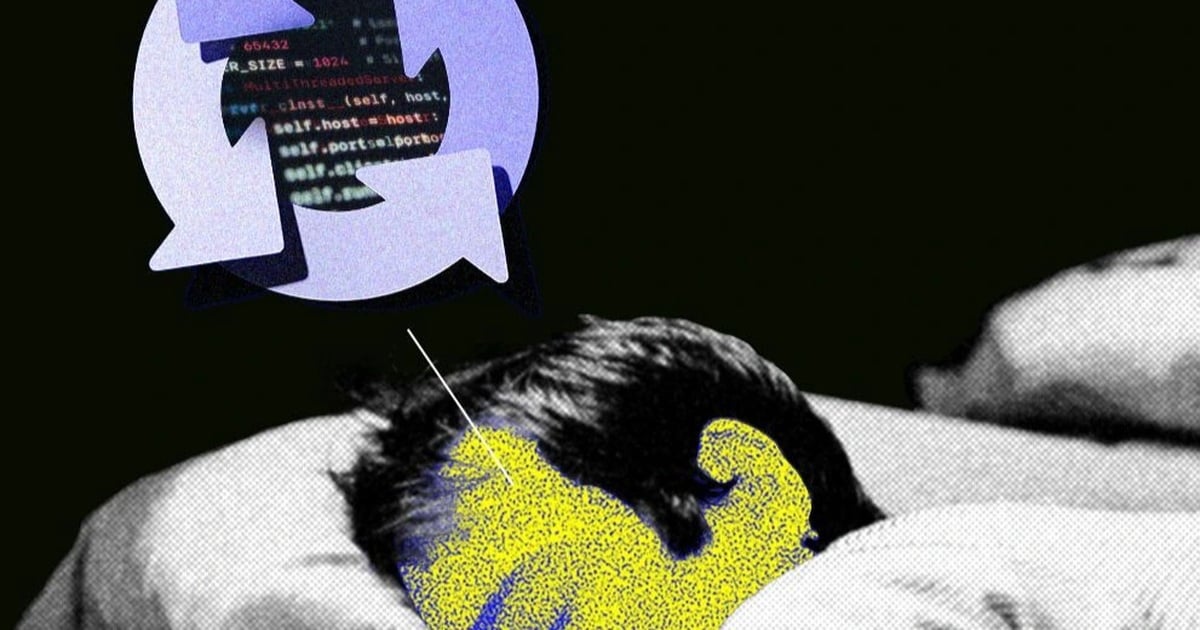










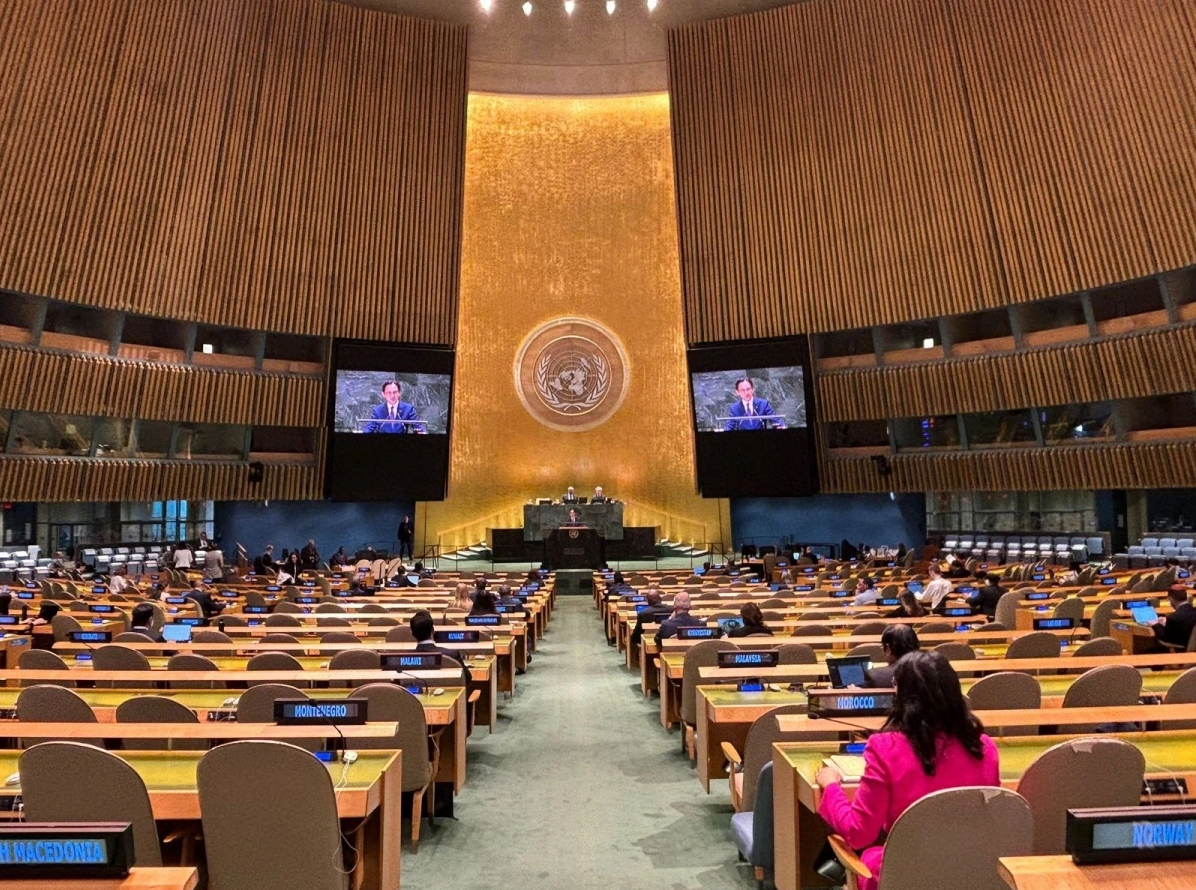


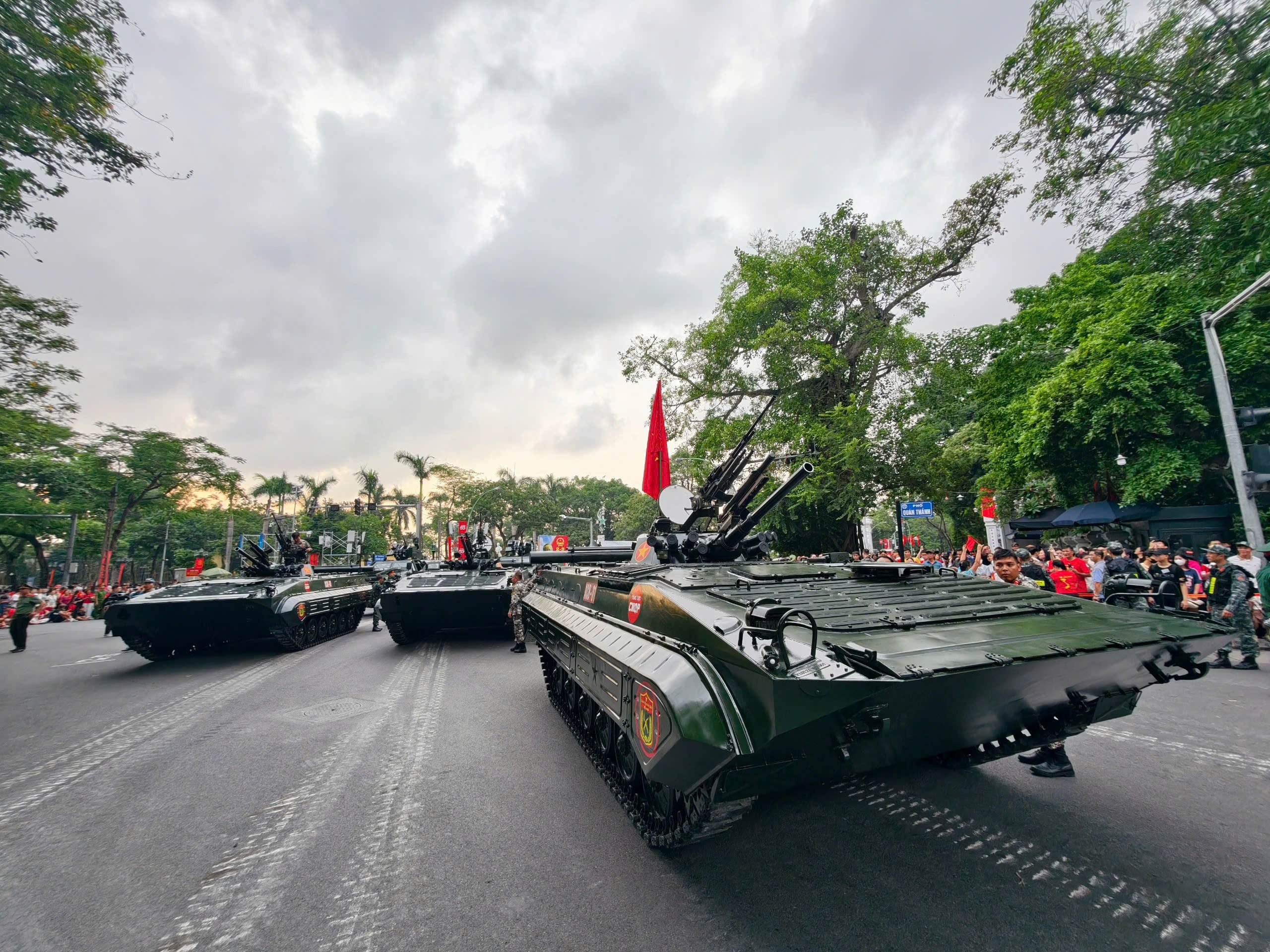

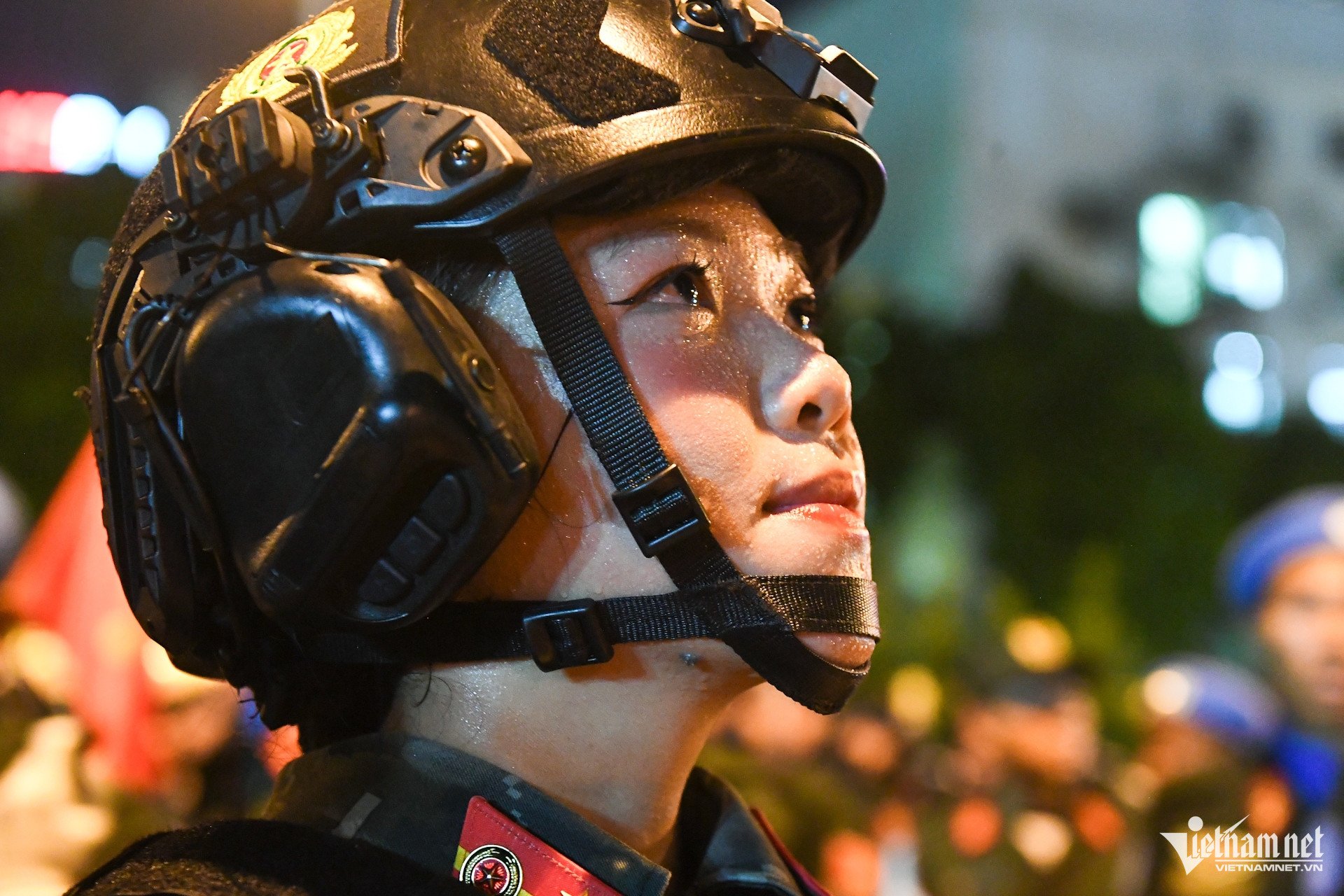
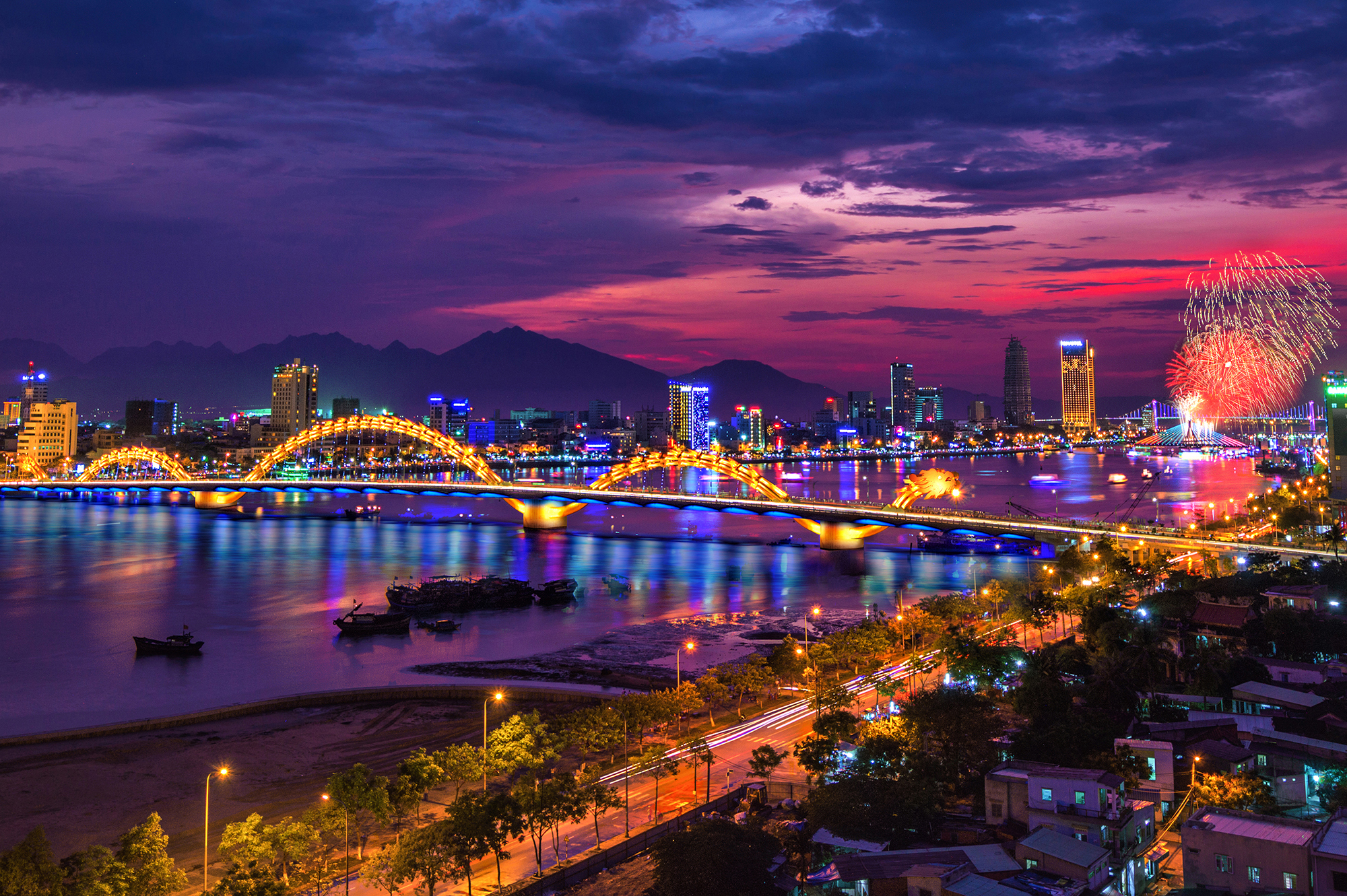
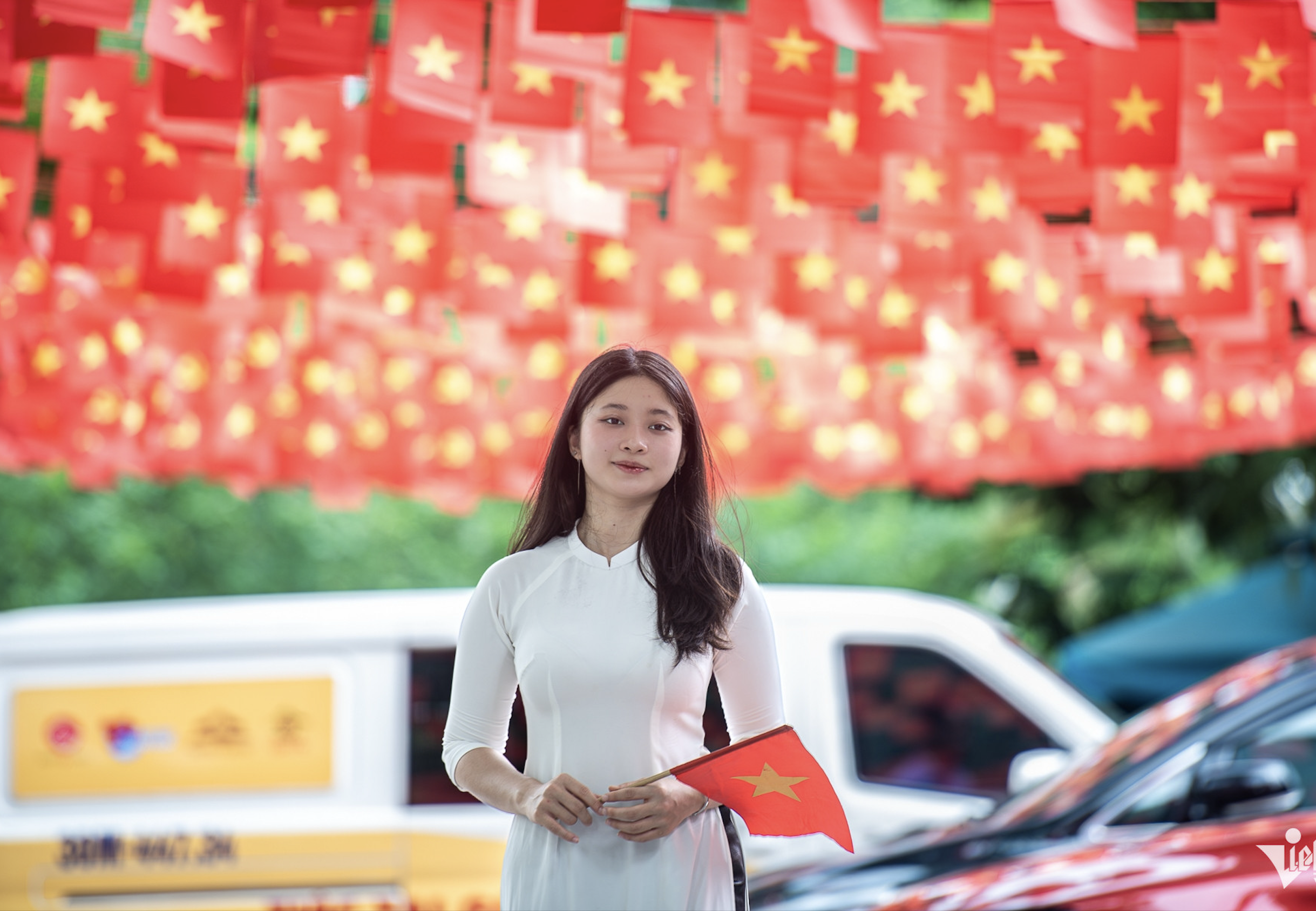
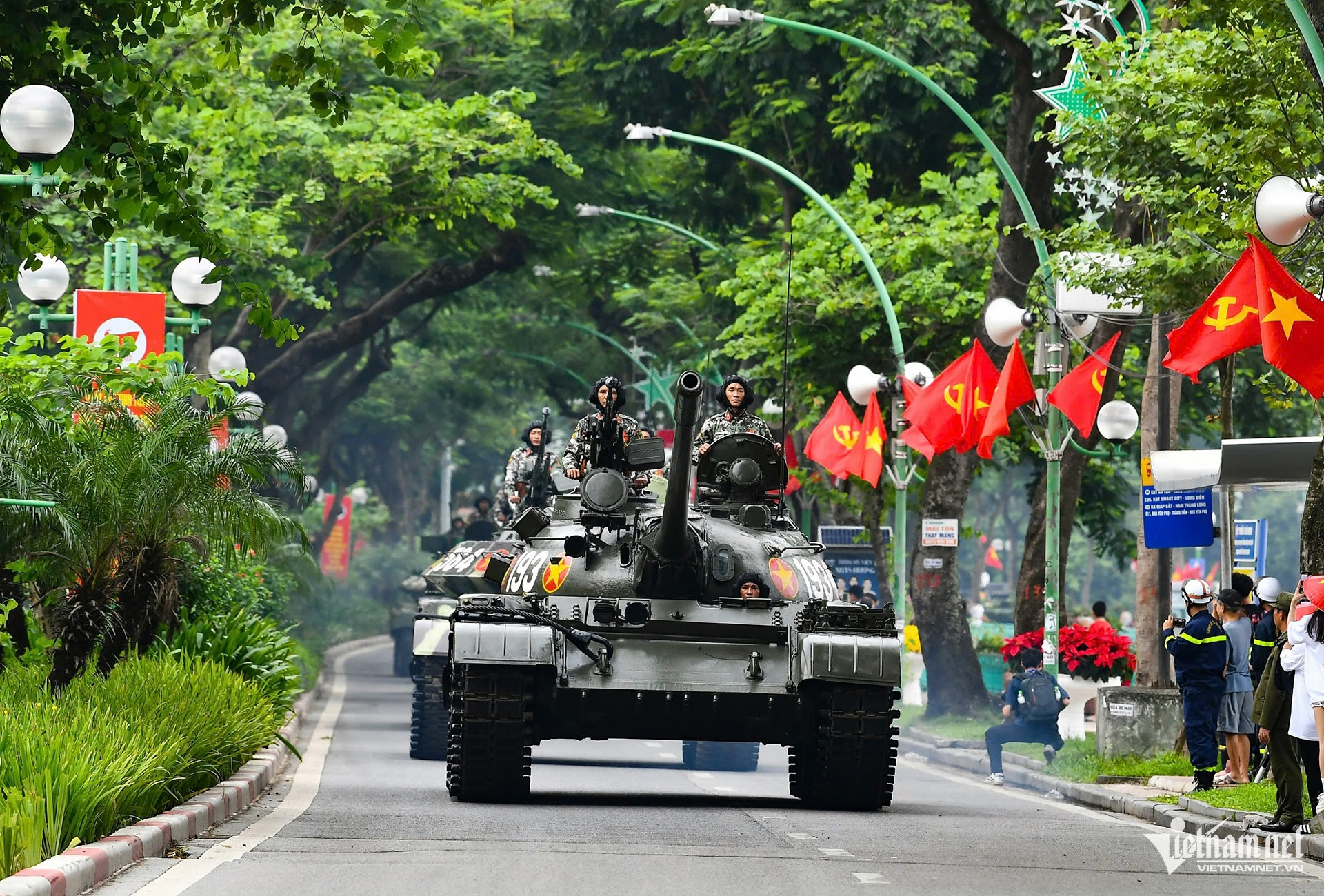















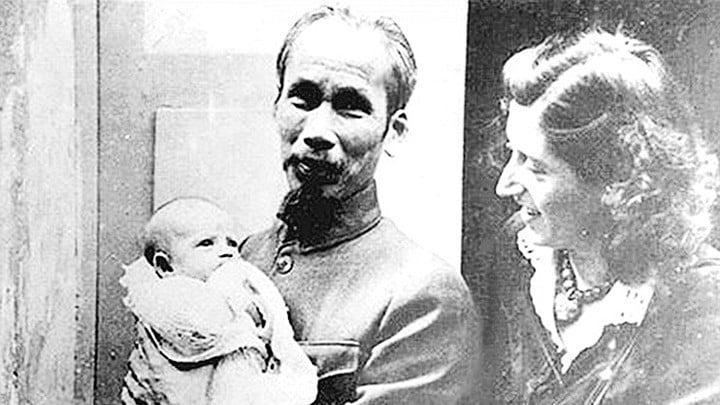









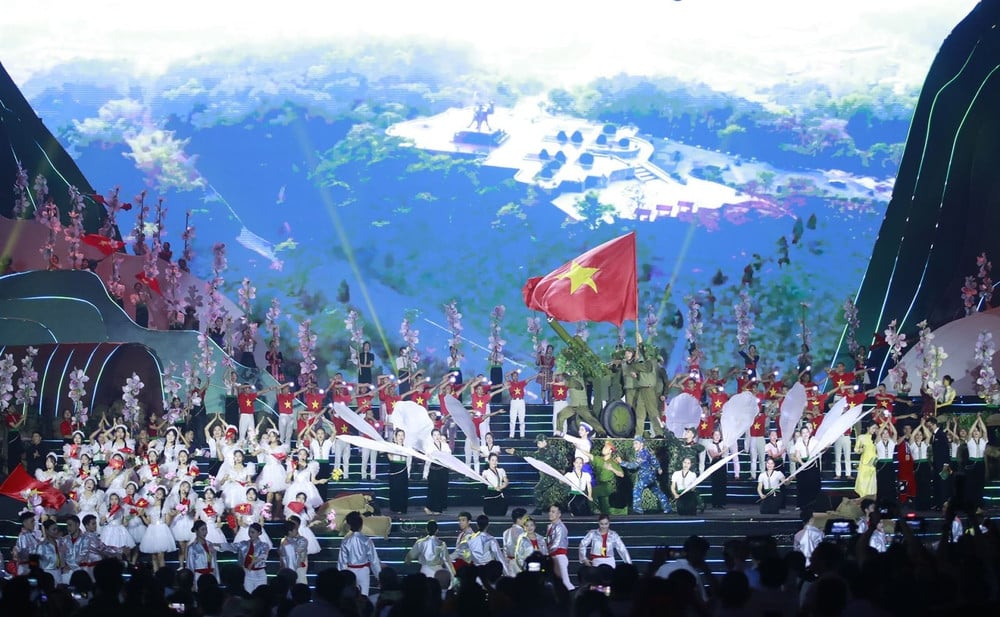

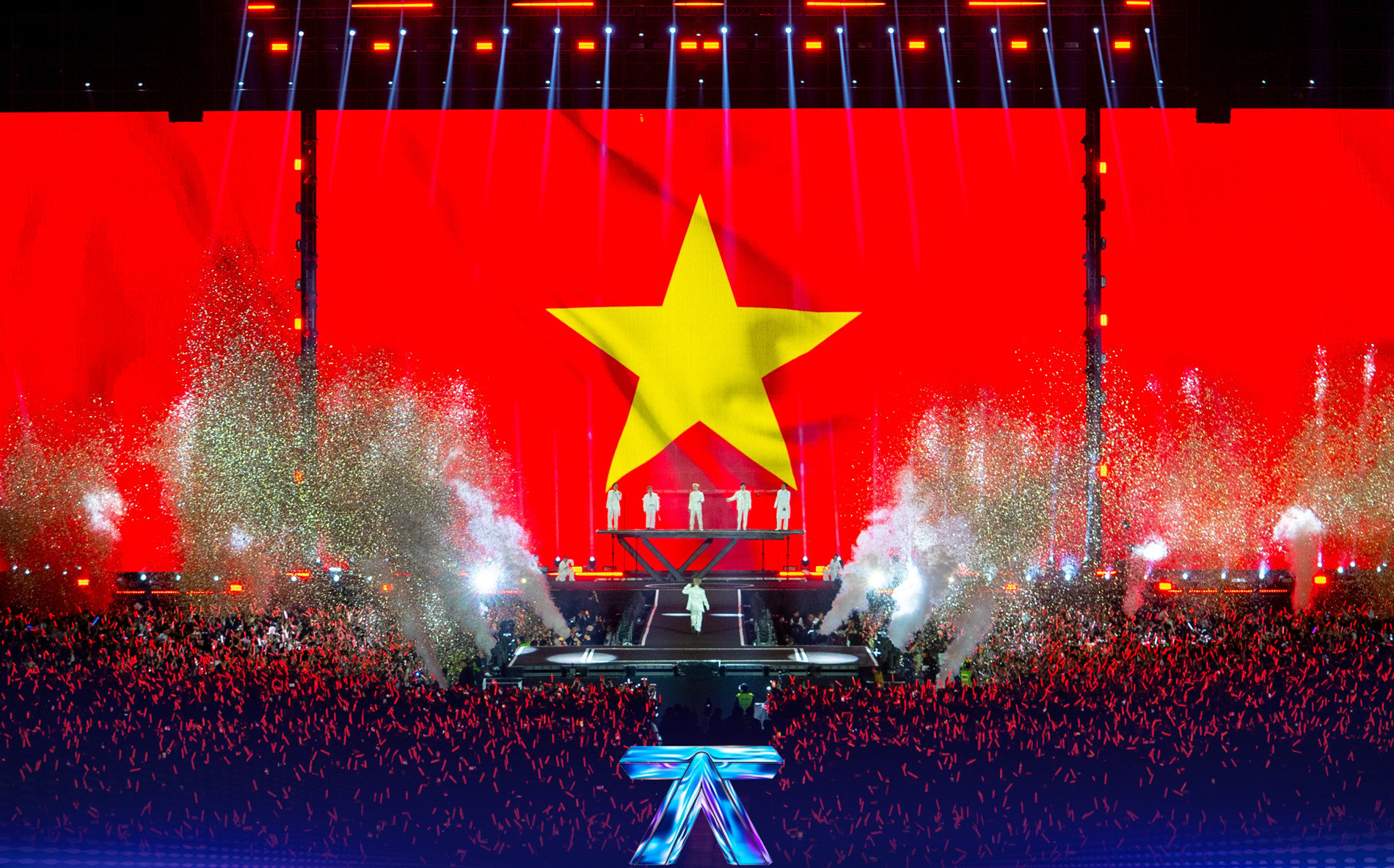

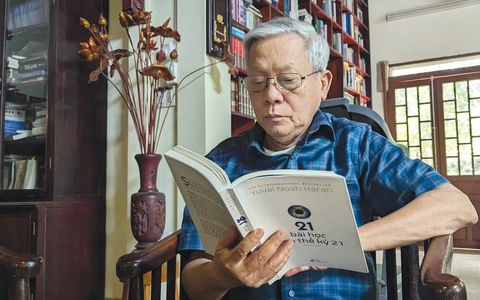
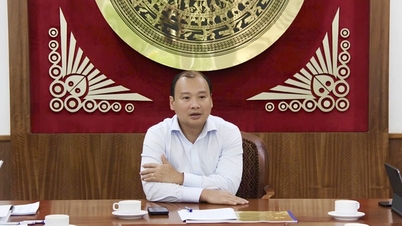


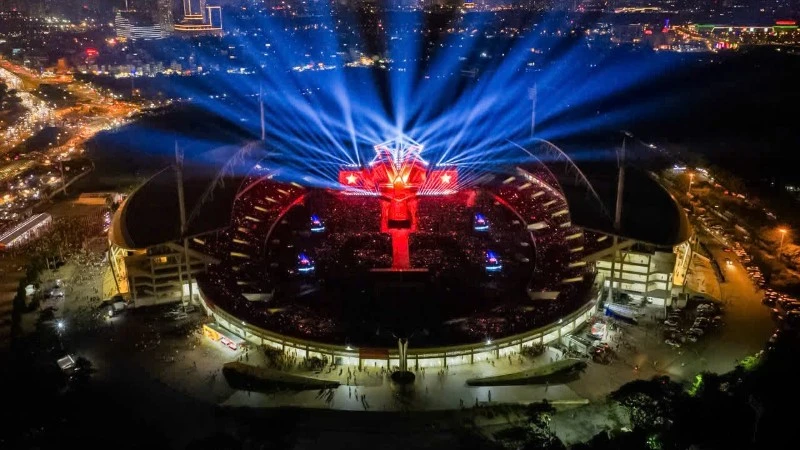
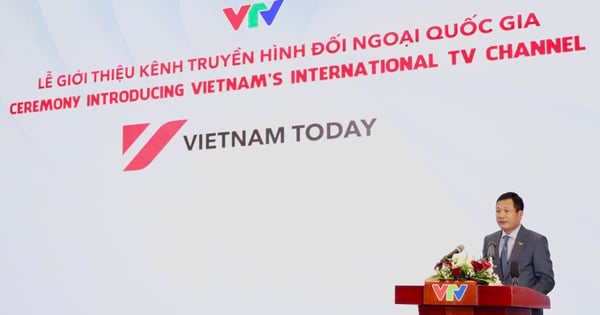



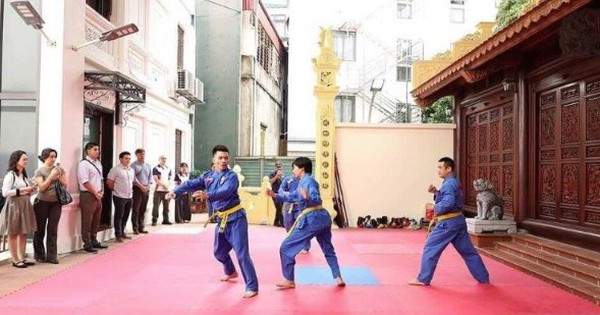

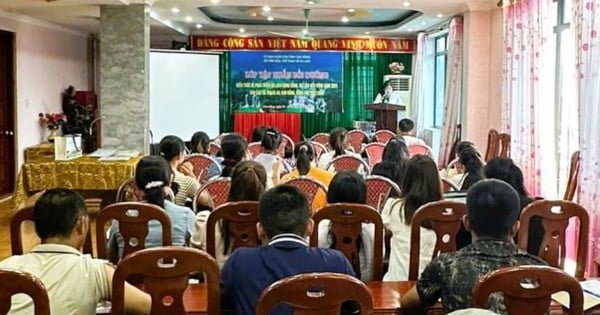
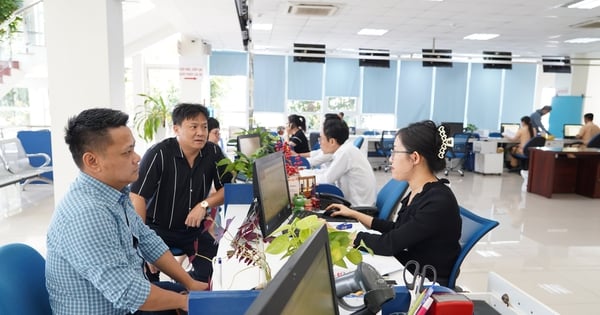











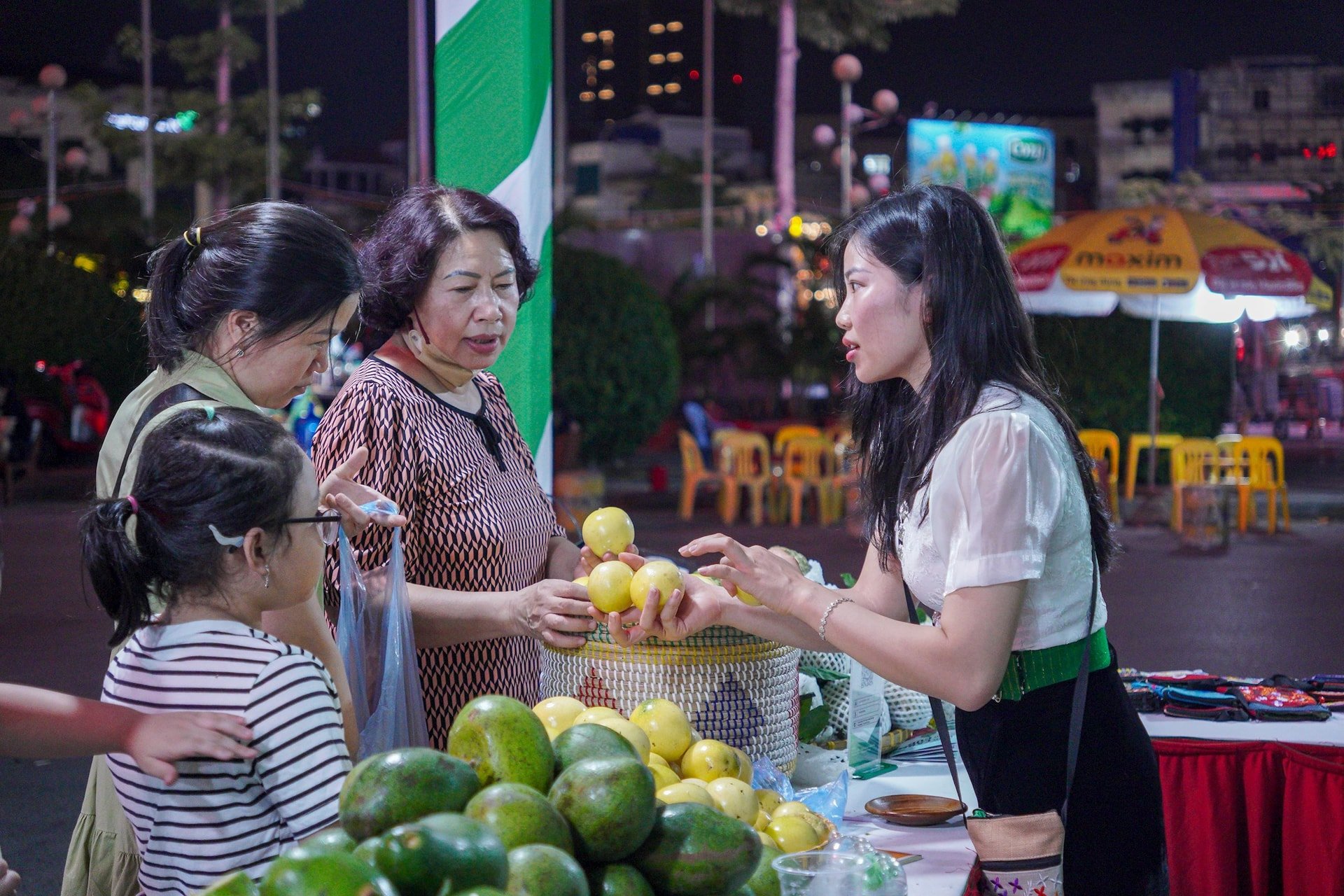

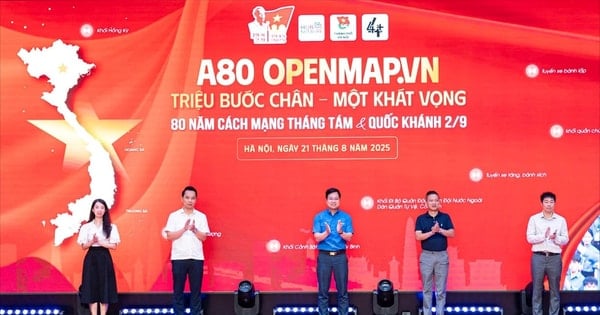

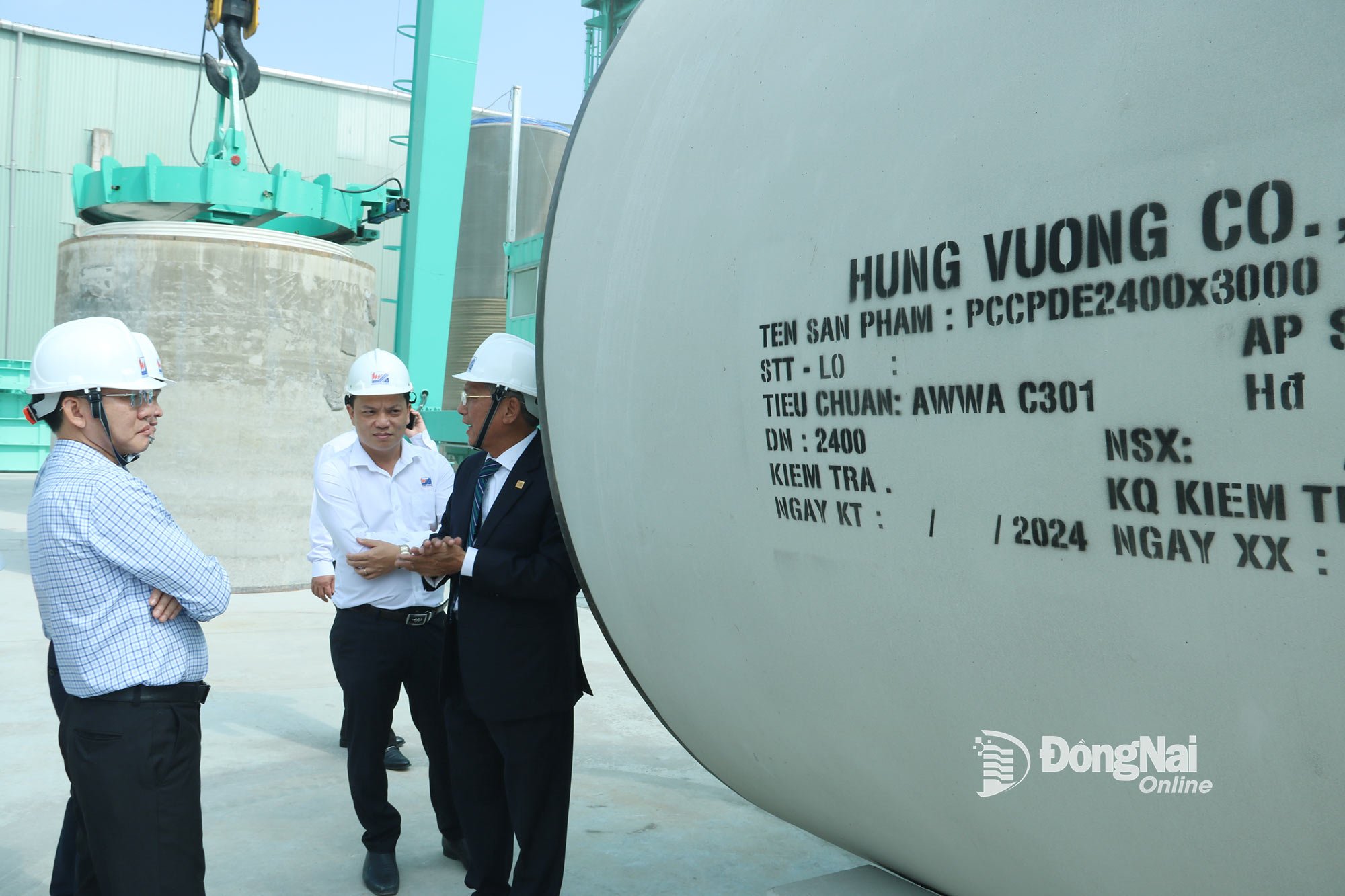






Comment (0)